DFSA Warns of Scam Impersonating DIFC Branch of Interactive Brokers
DFSA exposes scam using the name of Interactive Brokers to promote a fake crypto subscription.
简体中文
繁體中文
English
Pусский
日本語
ภาษาไทย
Tiếng Việt
Bahasa Indonesia
Español
हिन्दी
Filippiiniläinen
Français
Deutsch
Português
Türkçe
한국어
العربية
Abstract:Choosing a reliable broker that offers competitive conditions and robust security is essential. X Charter, a Belize-registered brokerage, claims to offer a comprehensive trading platform for Forex, CFDs on Shares, Futures, Indices, Metals, and Energy. However, with its unregulated status and some concerning features, potential traders must carefully assess the risks before opening an account.
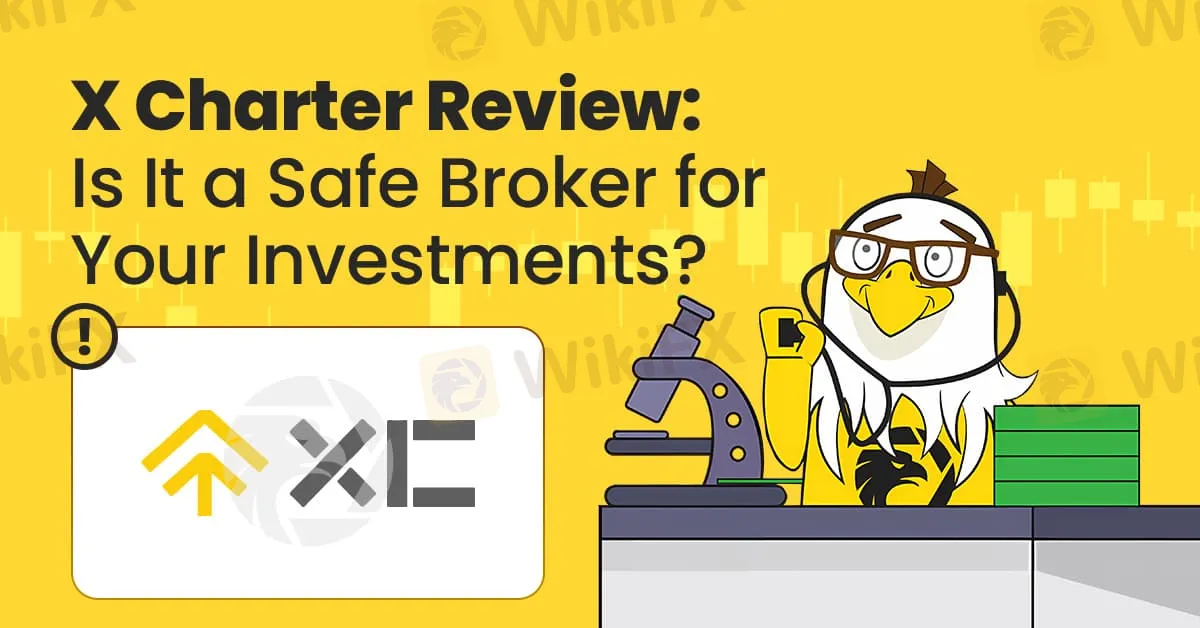
Choosing a reliable broker that offers competitive conditions and robust security is essential. X Charter, a Belize-registered brokerage, claims to offer a comprehensive trading platform for Forex, CFDs on Shares, Futures, Indices, Metals, and Energy. However, with its unregulated status and some concerning features, potential traders must carefully assess the risks before opening an account.
Overview of X Charter
Founded just 1-2 years ago, X Charter is a relatively young player in the online trading scene. The broker promises a wide range of tradable instruments, including:
While these offerings may seem appealing to traders, some significant risks are involved, especially when considering the brokers regulatory status and high leverage.
Account Types and Trading Conditions
X Charter offers four types of accounts, each catering to different trader needs. These accounts include:
The broker offers an enticing maximum leverage of 1:1000, which, while appealing to high-risk traders, also comes with substantial risks. Such high leverage can magnify both profits and losses, which could be detrimental to inexperienced traders. Additionally, the minimum spread is as low as 0 pips, which is competitive, but it doesnt necessarily offset the risk associated with the high leverage.
Unregulated Status: A Major Red Flag
One of the most significant concerns about X Charter is its lack of regulation. The broker is registered in Belize, a jurisdiction with relatively lax regulatory oversight compared to more stringent regulatory bodies like the UKs FCA or the US's CFTC. This raises serious questions about the broker's commitment to safeguarding customer funds and following best practices in the industry.
An unregulated broker is inherently riskier because it is not subject to the same scrutiny and oversight that regulated brokers must adhere to. This lack of regulation means there is less protection for traders, and if anything goes wrong, such as withdrawal issues or sudden changes in terms, there may be little recourse available.
WikiFX Rating: 1.22/10 – A Warning Sign
X Charter currently holds a low WikiFX score of 1.22/10, a red flag for any trader looking to ensure their investments are in safe hands. WikiFX's rating system is based on various factors, including regulation, transparency, and customer feedback. With such a low score, it‘s clear that traders have expressed concerns over the broker’s reliability.
Risks of Trading with X Charter
While X Charter offers a wide range of instruments and competitive conditions such as low spreads, its unregulated status and high leverage make it a risky choice for most traders. High leverage can lead to significant losses, especially when combined with the brokers lack of transparency and regulation.
WikiFX Advice
Given X Charters unregulated status and low score, WikiFX strongly advises traders to conduct thorough research and consider regulated brokers instead. Trading with an unregulated broker is always a risk, as there is little oversight and few protections in place. Traders should always prioritize safety and regulatory compliance when selecting a broker, and avoid those with suspicious or low ratings.
Conclusion
X Charter presents itself as a broker offering competitive trading conditions, but its unregulated status, combined with a high leverage ratio, makes it a risky option for most traders. The low WikiFX score of 1.22/10 highlights the concerns raised by the trading community. It is essential to do thorough research and consider more reputable, regulated alternatives before investing your funds with X Charter.

Disclaimer:
The views in this article only represent the author's personal views, and do not constitute investment advice on this platform. This platform does not guarantee the accuracy, completeness and timeliness of the information in the article, and will not be liable for any loss caused by the use of or reliance on the information in the article.
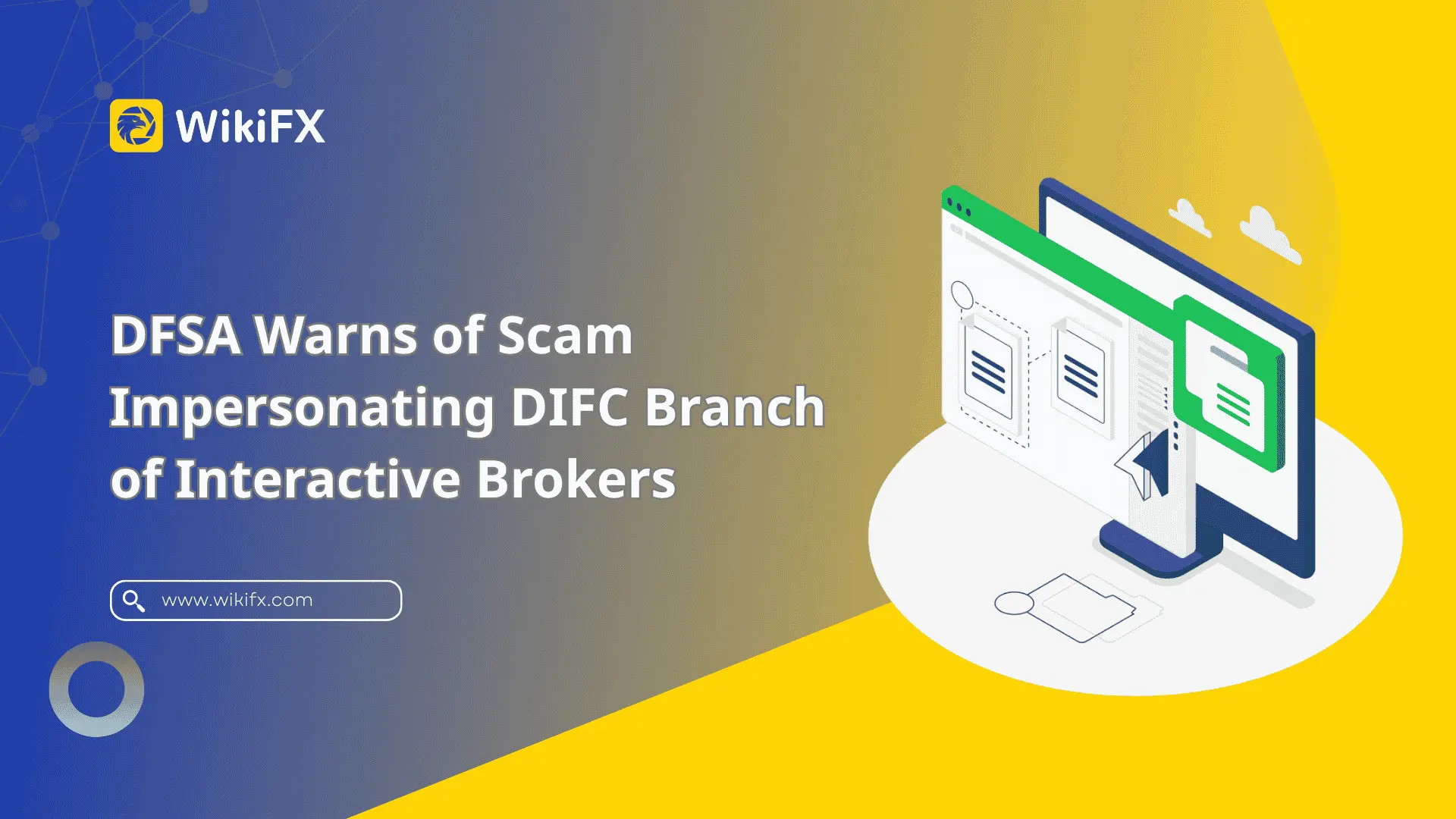
DFSA exposes scam using the name of Interactive Brokers to promote a fake crypto subscription.
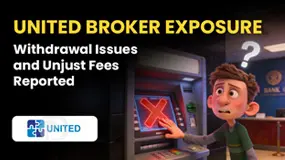
Is your fund withdrawal request pending with the United broker for a long time? Has the UK-based forex broker still not resolved your withdrawal issues? Does the broker demand multiple fee payments every time you seek withdrawals? Is the United customer support team inept in handling your trading queries efficiently? You are not alone! Many traders have made their displeasure known on several broker review platforms such as WikiFX. In this United review article, we have investigated several complaints against the broker. Take a look!
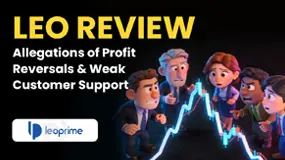
Is your forex trading experience with Leo no short of a financial disaster? Does the Hong Kong-based forex broker deliberately cancel your profits when asking for withdrawals? Do you frequently encounter the issue of a NIL forex trading account balance? Does the Leo customer support team fail to resolve your trading queries? In this Leo review article, we have investigated many complaints against the broker. Take a look!
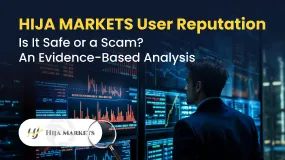
Is HIJA MARKETS safe or a scam? This is the key question for any trader thinking about using this platform, and our research aims to give a clear, fact-based answer. Based on proven information, Hija Markets shows several major warning signs that require serious caution. The platform started very recently in late 2024, has no financial oversight, and barely exists online - these are huge red flags. This article will examine these issues to show the possible risks to your capital. We will look at the company's background, rules it follows, and how open it is about its business. Before investing with any broker, checking it independently is essential for safety. We strongly suggest using a complete platform, such as WikiFX, to check a broker's legal status and user reviews as your first step.
